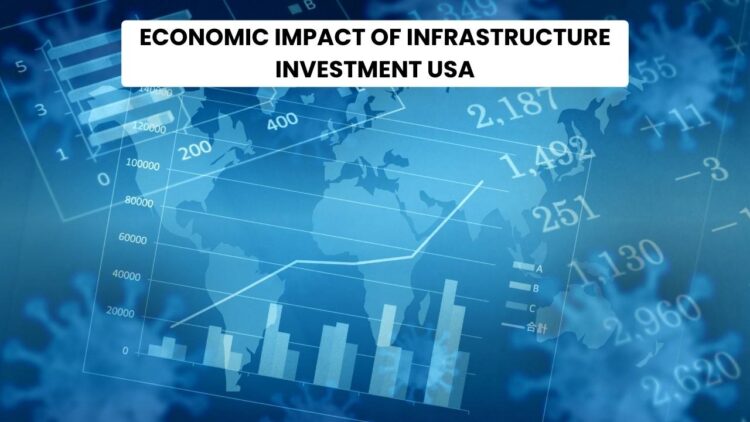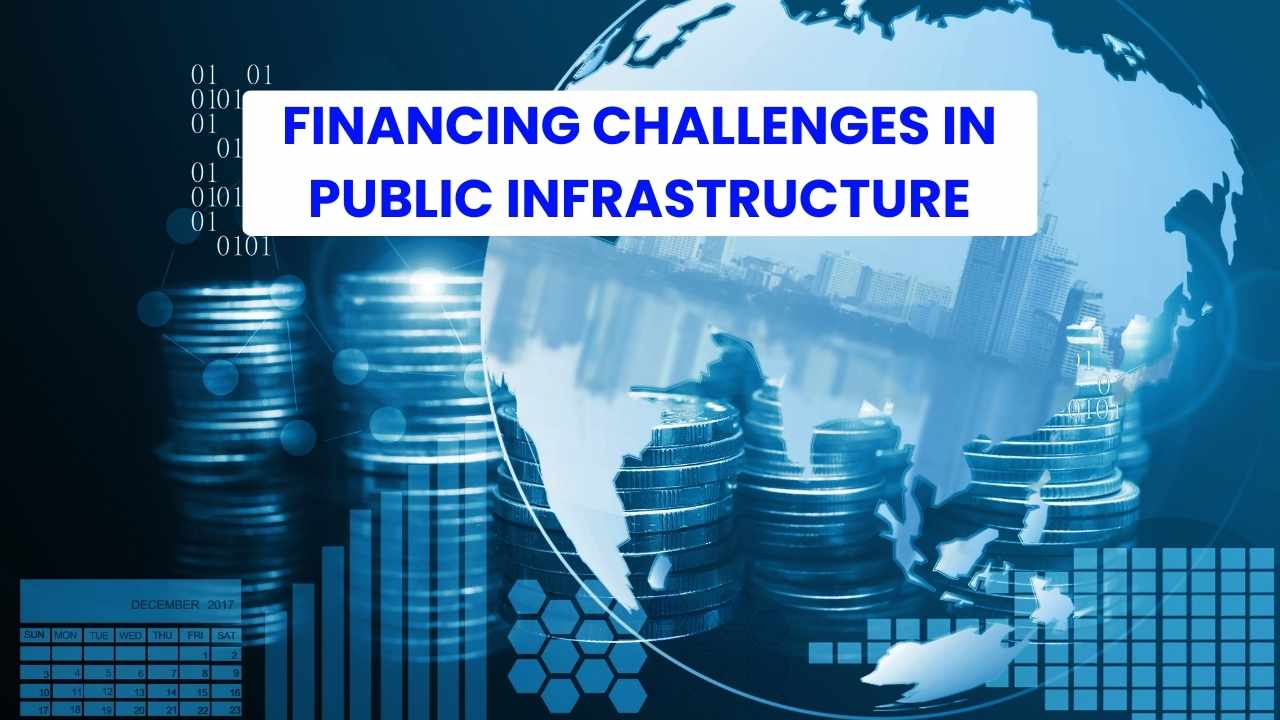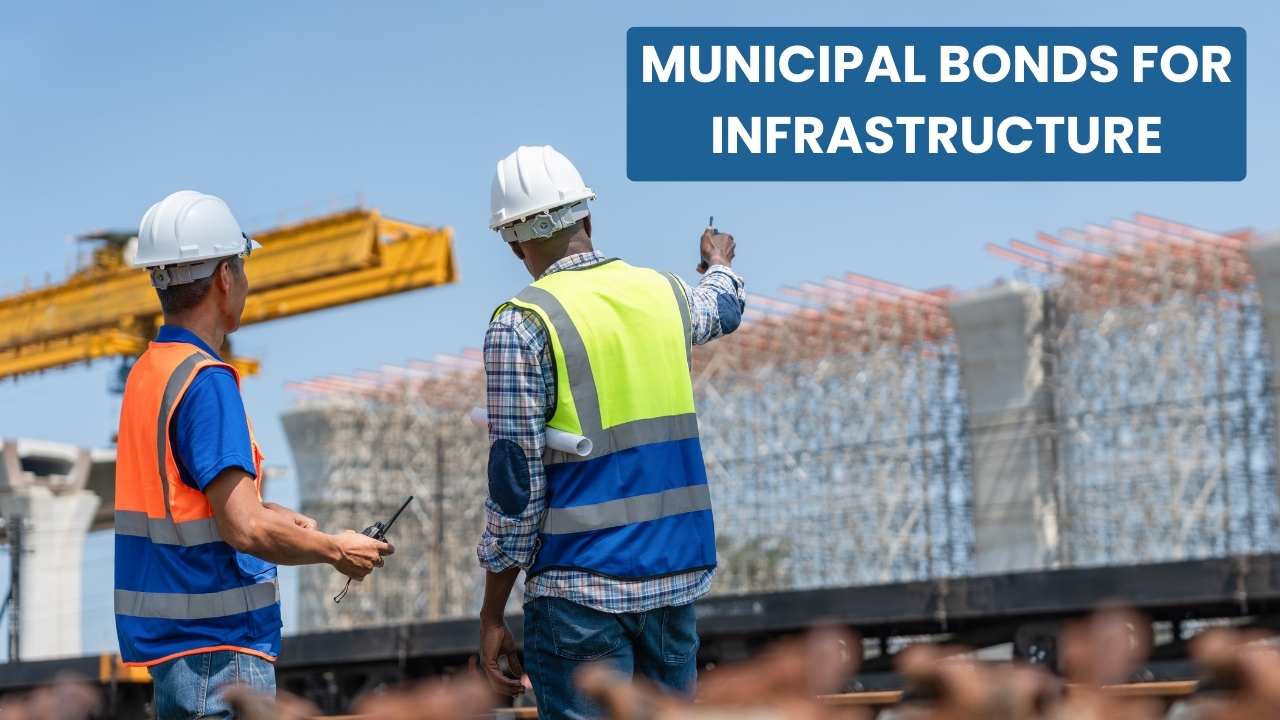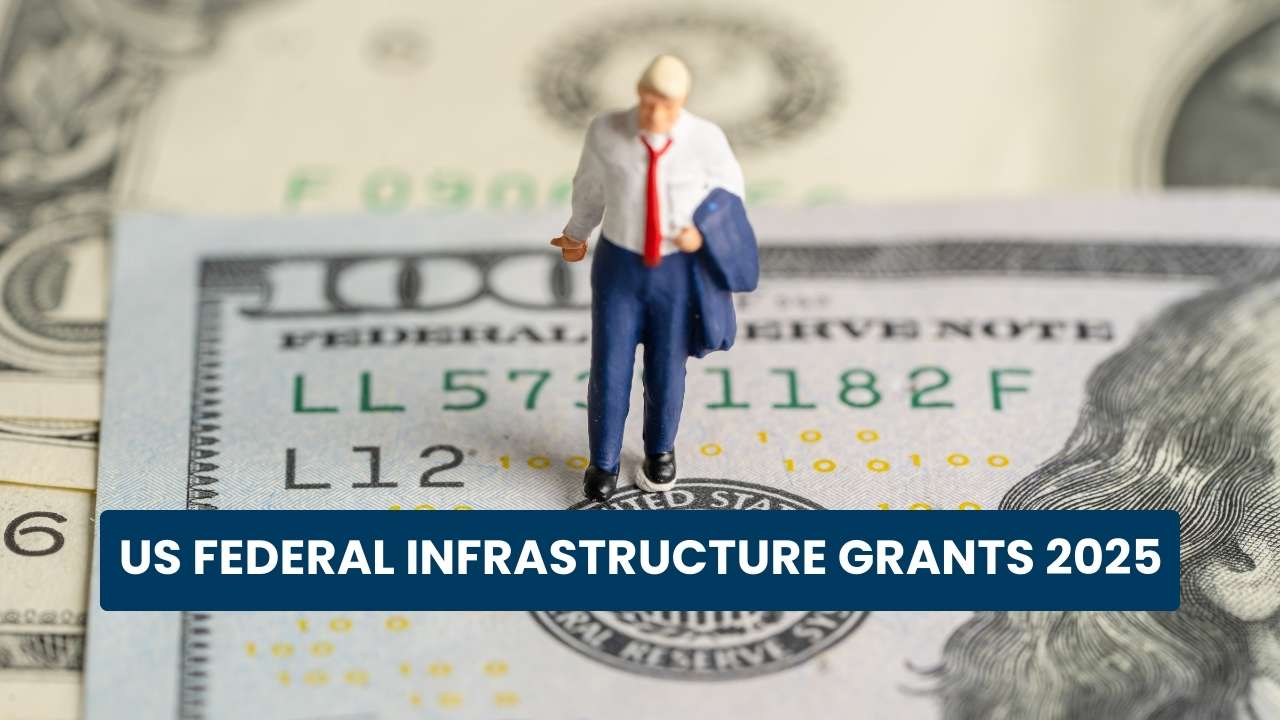Infrastructure like roads, bridges, electricity, water and internet play a major role in strengthening the US economy. When the government invests in these areas, it has a direct impact on the lives of people and the progress of the country.
Economic Impact of Infrastructure Investment USA
Spending on infrastructure increases the country’s income i.e. GDP. Good roads and fast internet make it easier to do business. Freight transportation is cheaper and industries grow rapidly. This makes America stronger in the world markets.
The second impact is on jobs. When roads, bridges and power projects are built, millions of people get work. Not only laborers, but engineers and technical workers also get employment. This increases income and also brings liveliness to local markets.
Increase in employment and income
When new projects start, laborers, drivers, engineers and machine operators get direct work. Along with this, the demand for services like hotels, shops and transport also increases.
Workers on these projects earn higher incomes, improving families’ economic well-being and increasing people’s purchasing power.
Productivity and competition
Better roads and rail help move goods faster and more costly. This saves companies time and money. Improvements in electricity and Internet access allow factories and offices to work faster.
This helps U.S. companies gain a stronger foothold in foreign markets, allowing them to compete more easily with companies in Asia and Europe.
Benefits to individuals and families
Good roads reduce the cost of vehicles and reduce travel time. Clean water and reliable electricity improve quality of life in households.
Safe bridges and roads reduce accidents. Clean water and energy services also have a positive impact on people’s health. This reduces the cost of doctors and medicines.
Balancing investment and benefits
Investments in infrastructure often return many times over in the long run. Every dollar invested by the government creates more money in the economy.
| Sector | Benefits |
| Transportation | Easier and cheaper travel |
| Energy | Faster and higher production |
| Internet/Digital | Creation of new jobs |
| Water Management | Better health and lower expenses |
Regional and social impact
Not every state benefits equally. Big cities and port areas benefit quickly. On the other hand, investment in villages and small towns provides employment to people and reduces migration.
Poor families also get help from this. Increase in jobs reduces poverty and people are able to pay more attention to education and health.
Challenges and difficulties
Many times projects are not completed on time because there is delay in getting permits and paperwork. This increases the cost.
Sometimes shortage of workers and expensive construction material also become a problem. If the investment is not used properly, the public does not get much benefit.
Thinking about the future
Investing in infrastructure is done for the future generations. Strong roads, fast internet and clean energy will create more opportunities in the future.
If green energy and environment are taken into account in this, then it can also reduce the problem of climate change. That is, this investment is beneficial both economically and environmentally.
Impact on environment and energy
The impact of investment in infrastructure is not limited to the economy, but also brings changes in the environment and energy sector.
- Renewable energy projects like solar and wind energy get a boost.
- Dependence on old and polluting plants decreases.
- Clean energy reduces carbon emissions.
- The ability to deal with climate change increases.
- Energy costs decrease in the long run.
Education and skill development
Large-scale investment also increases the need for education and training.
- Skilled engineers, technicians and laborers are needed for new projects.
- Government and private companies start skill training programs.
- Universities and technical institutes set the direction of new studies.
- Young people get more employment opportunities.
- In the long run, it strengthens the country’s workforce.



